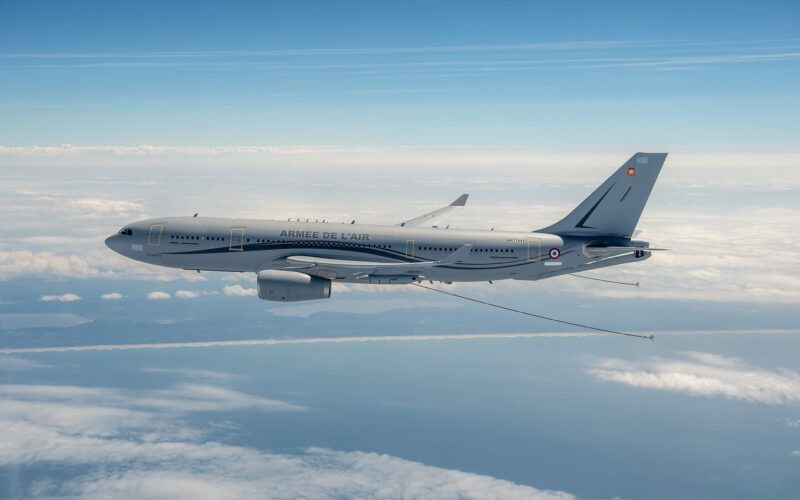The French Minister of Economy and Finance, Bruno Le Maire, announced a massive support plan for the country’s aerospace industry on June 9, 2020. More than €15 billion would help alleviate the financial impact of the coronavirus COVID-19 pandemic.
According to the minister, 100,000 out of the 300,000 direct and indirect jobs of the French aviation sector are threatened. “We are declaring a state of emergency to save our aeronautical industry to allow it to be more competitive, more decarbonized,” announced Maire. The plan already includes the €7 billion granted to Air France-KLM.
While a third of the 35,000 jobs dedicated to research and development in the aeronautical sector are threatened, two tools were presented, dedicated to the support of medium and small companies: an initial fund of investment of €500 million, which should eventually reach €1 billion in the long term, and a fund of €300 million for the robotization and digitization of the industry. In addition to saving jobs, the government also wants to “preserve these companies from the lust of foreign predators.”
The government will continue supporting partial unemployment in the sector during the coming months. A new financial package for this purpose will be revealed shortly.
War effort against COVID-19
The French Minister of the Armed Forces, Florence Parly, also announced placing several orders to French manufacturers, for a total of €600 million. They include but are not limited to:
Three civilian A330 aircraft will be acquired to be later reconverted into MRTT refuellers.
An order for eight Airbus Helicopters H225M Caracal will be accelerated to replace the aging Puma fleet of the French military (40 years old on average).
Twelve helicopters, including two EC-145 for €32 million and ten EC-160 for €200 million will be bought for the Gendarmerie Nationale.
An array of maritime patrol drones, including the VSR700 developed by Airbus, Guimbal and Naval Group will be ordered.
One light surveillance and reconnaissance aircraft (ALSR) should also be ordered, though the airframe is not manufactured in France as it is a US-made King Air 350.
Those orders should help preserve about a thousand jobs in the coming years. Parly also recalled the importance of the Rafale industrial chain and said she would initiate discussions with Dassault Aviation in the coming weeks.
Accelerating green aviation
The plan was accompanied by ambitious ecological objectives such as achieving “a carbon-neutral aircraft in 2035 instead of 2050” with an emphasis on hydrogen technology. Nearly €1.5 billion euros in public aid will be invested over three years to participate in “the decarbonization of world air traffic.”
It adds to the previous conditions that the French state imposed on Air France-KLM as part of its financial support deal. Air France will have to renew its fleet for more efficient aircraft, with a priority for Airbus planes. It needs to operate a “50% reduction in its CO2 emissions per passenger and per km between 2005 and 2030,” and use at least 2% of sustainable fuel by 2025.

